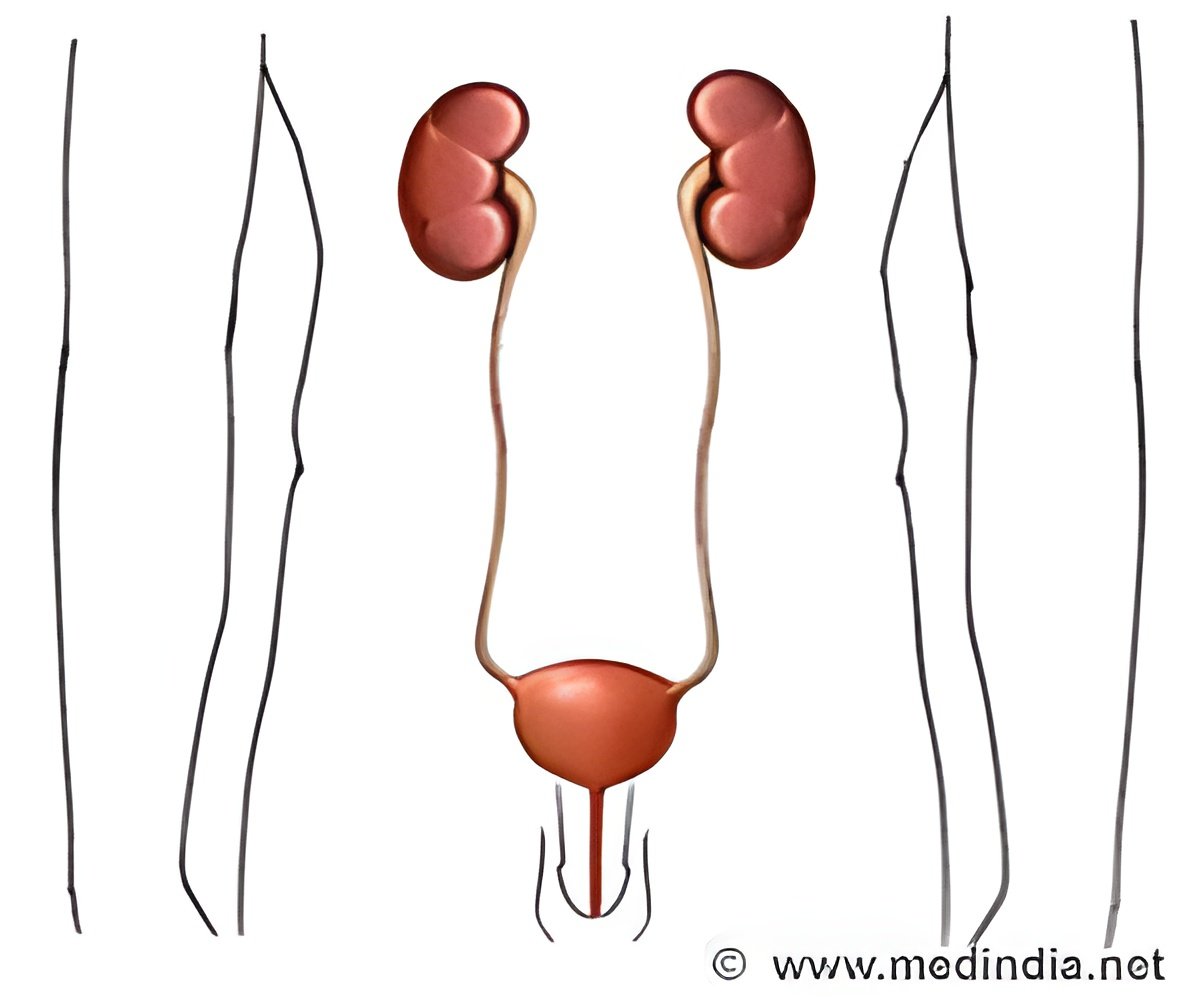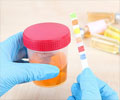A simple urine test helps diagnose acute kidney failure (AKI), shows study published in the Journal of the American College of Cardiology.

In an international, multi-center study, researchers at NewYork-Presbyterian Hospital/Columbia University Medical Center; Staten Island University Hospital; and Charité-Universitätsmedizin, Max Delbruck Center for Molecular Medicine, and Helios Clinics, Berlin, Germany, took a single measure of five urinary biomarkers from 1,635 emergency room patients upon their admission to the hospital. Although all five biomarkers were elevated in cases of iAKI (intrinsic AKI, the most severe form of AKI), the biomarker called uNGAL was most accurate in the diagnosis of iAKI and best predicted its duration and severity. uNGAL, along with another biomarker, called Kim-1, most accurately predicted death or the need to start dialysis during hospitalization. uNGAL was discovered at NewYork-Presbyterian Hospital/Columbia University Medical Center and at Cincinnati Children''s Hospital; it was measured in this study by Abbott''s ARCHITECT-NGAL assay, which is available commercially outside the US.
"The ability to identify acute kidney damage while the patient is in triage is especially important in busy urban hospitals, where patients cannot wait for repetitive measures of creatinine and are frequently lost to follow-up," said senior author Jonathan Barasch, MD, PhD, associate professor of medicine and of anatomy and cell biology at Columbia University College of Physicians and Surgeons and a kidney specialist at NewYork-Presbyterian Hospital/The Allen Hospital. "The use of urinary biomarkers could also be of great use to the military, at disaster sites, and in other situations where quick medical decisions must be made."
"Combining urinary biomarkers such as uNGAL with the current standard marker creatinine will significantly improve the identification of patients at risk of death or dialysis in the hospital," added Dr. Kai Schmidt-Ott, MD, a kidney specialist at Charité Berlin, research group leader at the Max Delbrück Center for Molecular Medicine, and adjunct assistant professor at Columbia University Medical Center. "Identifying these patients at the earliest possible time in the emergency room may enable us to introduce new treatment options to improve their outcomes."
Source-Newswise













